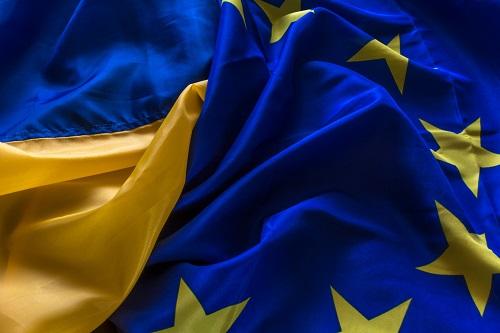To provide continuous support to Ukrainian research, the Commission has tripled the initial budget of the EURIZON Fellowship Programme to €4.5 million under Horizon Europe. Russia's invasion of Ukraine has brought daily challenges to researchers. The constant threat of attacks on critical infrastructure, as well as the impossibility of travelling and the reduction of state funding has hindered research progress. Despite these challenges, Ukrainian scientists remain committed to their work.
The EURIZON Fellowship Programme is expected to have significant positive impacts on the work of Ukrainian researchers, including the opportunity to restart their projects, conduct cutting-edge research, establish stable contact with international partners, and broaden research dissemination. The Fellowship Programme will also allow them to reduce stress, help solve family difficulties, access foreign university libraries, retain IT specialists, and identify trends and best practices in public management.
In total, 65 projects, including 324 Ukrainian scientists will benefit from the Fellowship Programme. Some have already begun their activity, with the last group of projects receiving their grants and starting as of 1 May.
The projects will carry out their research in all scientific domains and will be conducted in collaboration with European Research Infrastructures.
Background
In April 2023, the EU-funded EURIZON project launched their Fellowship Programme ‘Remote Research Grants for Researchers from Ukraine'. The goal was to offer short-term fellowships lasting 6 or 12 months to vulnerable researchers. The Fellowship Programme funds research projects conducted in collaboration with European Research Infrastructures.
Initially, the EURIZON project anticipated receiving a maximum of 70 applications and expected to support around 22 teams, totalling approximately 90 researchers, with a budget of €1.5 million. The call closed in May 2023, following an extensive dissemination campaign in Ukraine. The response exceeded expectations, with a total of 786 applications received, of which 730 were eligible. To meet the high demand, in January 2024, the Commission decided to triple the initial allocated budget to €4.5 million, now funding 65 projects, including 324 researchers.
Applications came from all over Ukraine, with a majority from Kyiv, followed by Kharkiv and Lviv. Young researchers were well represented among the applicants. In terms of gender dimension, 88% of the teams included women.
The eligible applications covered various thematic fields, such as:
- 38% Physical Science and Engineering
- 15% Environment
- 15% Social and Cultural Innovation
- 14% Health and Food
- 10% Energy
- 6% Data, Computing and Digital Research Infrastructures
Due to Russia's ongoing war of aggression, Ukraine is confronted with escalating damage to research infrastructure, logistical and financial challenges in sustaining research activities within the country, and a concerning loss of skilled professionals.
One of the milestones is the launch of the Horizon Europe office in Kyiv. Furthermore, the EU has committed to providing other specific, practical assistance to the Ukrainian research and innovation community.



